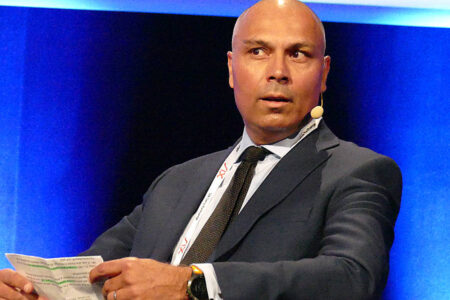Measuring the impact of diversity and inclusion initiatives in the financial services industry has never been more important, particularly if one is to successfully dispel the myths and misconceptions that surround the framework initiative.

Emphasising the need for data-driven approaches to hold firms accountable and demonstrate progress towards a more inclusive workplace, a panellist at Tradetech 2024 related how they have made DEI a performance metric for annual reviews. Echoing this, someone else stressed the importance of data management and advocacy in driving progress.
“You cannot be effective in having a diverse workforce and encouraging a diverse workforce to enter the financial services industry without showing and demonstrating an inclusive workplace. And that starts with data,” one panellist opined. Another said: “The first thing we realised that was going to be very important, in terms of where to focus and how to organise, was to have the data. Then we could build a concrete action plan.”
Someone else shared how their firm conducts a yearly ‘check-in’ across the entire organisation, to ensure DEI initiatives are working, and “make sure we are on the right track”.
Despite privacy hurdles, gathering and assessing the data is key, particularly when it comes to measuring the full gamut of diversity in an organisation – from neurodiversity to LGBT, mental health to veterans, much of what makes people diverse is not always immediately obvious. “I think it’s really easy to overlook the less visible parts of diversity.”
Others shared their experiences of how straightforward it was getting people involved in diversity and inclusion initiatives, and creating a sense of belonging and accountability within their organisations.
“I was amazed at how quickly and easy it was to find those willing to share and willing to work together and also how many people we managed to engage on a voluntary basis within our workforce,” one panel member said.
Another discussed the misconception that “cracking” gender equality, or equality in general, would be ‘job done’. “The reality is, there is more than that.”
There was discussion around how DEI, rather than just being ideological, was actually good for business, citing research that showed around 20% of UK asset managers in the last 12-18 months had, since increasing their focus on ethnic diversity, had won new mandates.
“Furthermore, 50% of institutional investors in a poll said they would decline working with a fund management group that lacked ethnic diversity, while 67% said they plan to increase their focus on this metric over the next five years.”
©Markets Media Europe 2024

